OpenAI's upcoming developer event has investors and tech watchers buzzing with anticipation. Investment bank UBS thinks this conference could be more than just another product showcase—it might signal OpenAI's pivot toward tools designed for regular people, not just developers and businesses. If they're right, we could be looking at AI becoming woven into our daily routines in ways we haven't seen before.
What's Expected
In a recent tweet, Jukan shared UBS analyst predictions about what's coming at the October 6 event. The consensus? OpenAI is ready to show off products aimed squarely at everyday consumers.
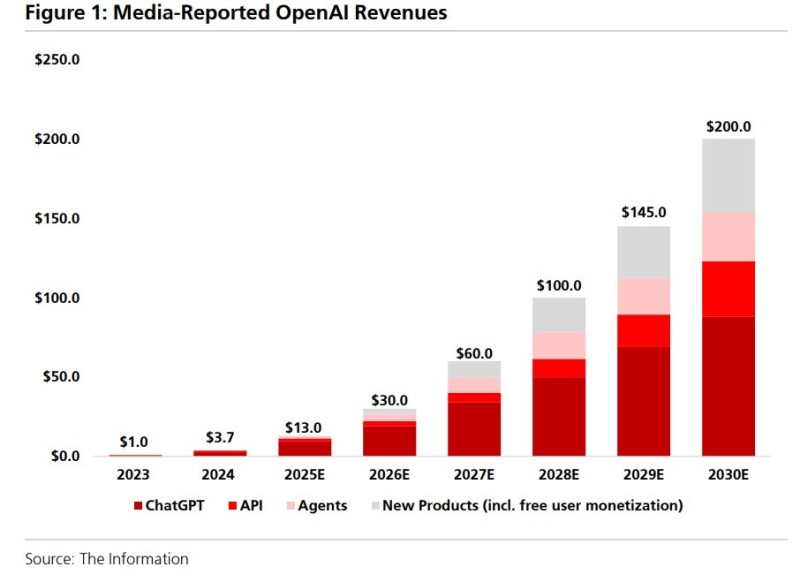
UBS believes OpenAI is moving past its developer-first mentality. We've already caught glimpses of what's coming—features like instant payments and ChatGPT Pulse, a personalized assistant that adapts to individual users. But those might just be the warm-up act. The real headline could be an AI travel agent that doesn't just search for flights and hotels but actually has conversations with you about where you want to go, compares options, suggests itineraries, and books everything without you lifting a finger.
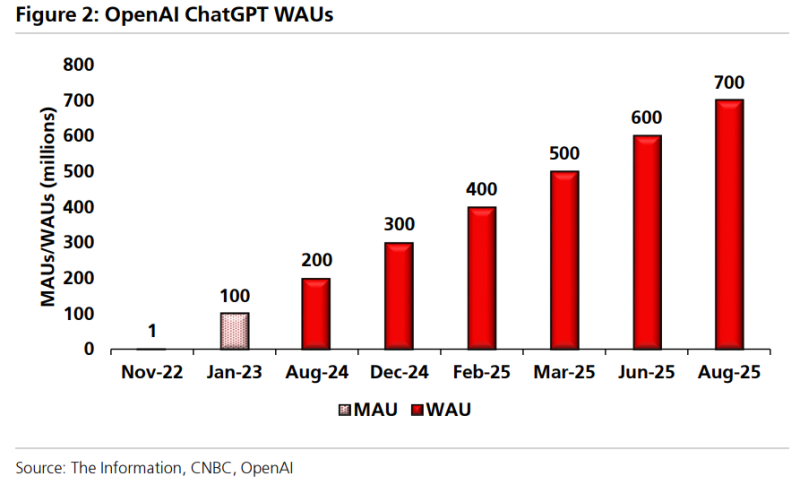
The boldest rumor? An AI-powered web browser designed to go head-to-head with Google Chrome. This wouldn't just be another browser with a chatbot bolted on. Think of it as a gateway into OpenAI's entire ecosystem—search, payments, productivity tools, all talking to each other and learning from how you work. If this happens, it would put OpenAI in direct competition with Google on one of its home turfs and could fundamentally change how browsers work.
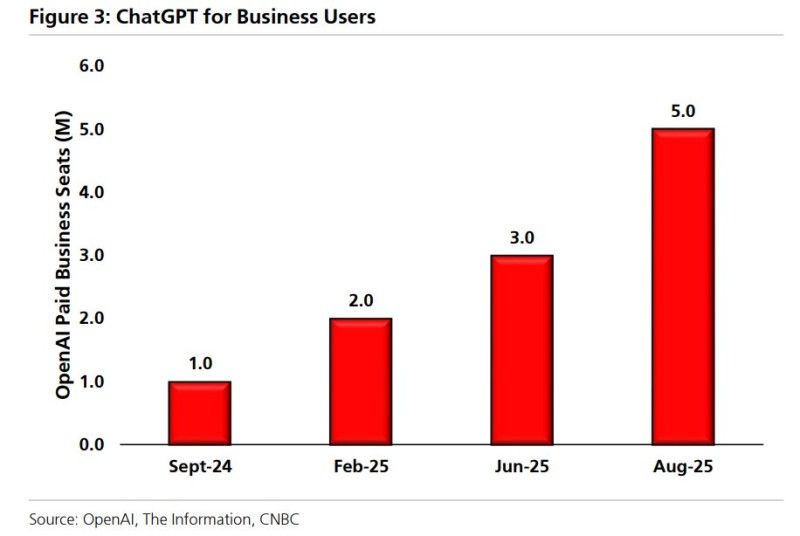
Why This Matters
Moving into your living room: These products would push OpenAI out of conference rooms and developer terminals and into regular people's phones and computers. It's the difference between building infrastructure and building apps your mom would actually use.
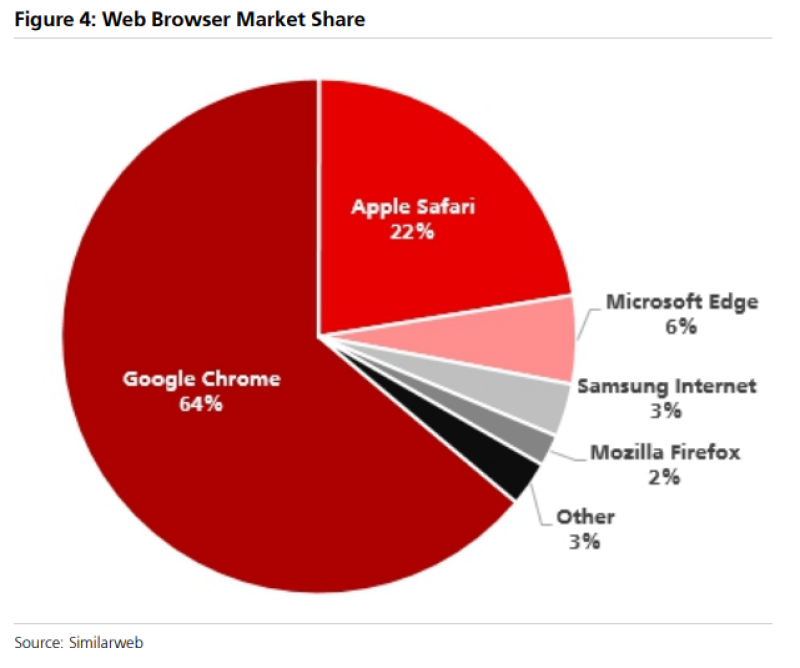
Building a walled garden (in a good way?): A browser that ties together all of OpenAI's services would give them something powerful—a unified view of how people work and live online. That means better personalization, but it also means OpenAI controls more of the experience from start to finish.
Shaking up the establishment: Google has owned search and browsing for two decades. Booking.com and Expedia have dominated travel. If OpenAI delivers on these products, they're not just entering these markets—they're potentially rewriting the rules with AI-first experiences that make the old way of doing things feel clunky.
 Usman Salis
Usman Salis
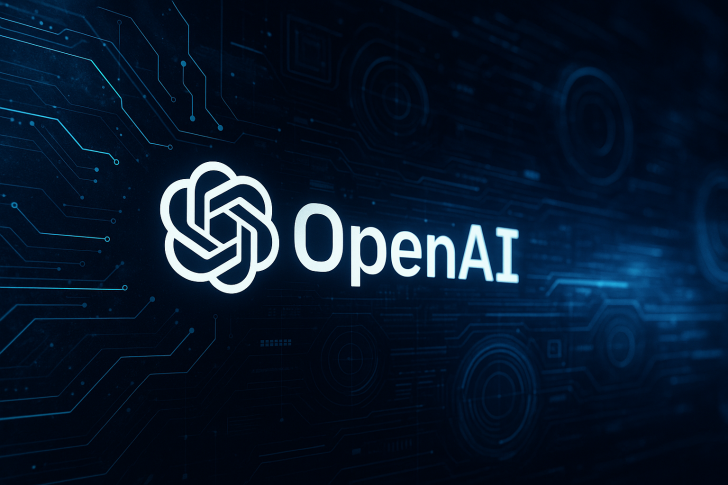
 Usman Salis
Usman Salis


